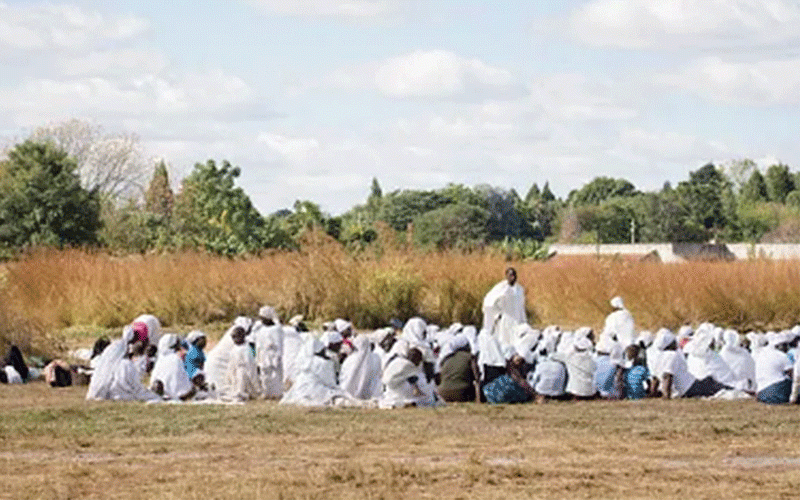
THE Russian Embassy in Zimbabwe has defended the Alabuga Start Programme, which was reportedly flagged as a "deceptive" work-study initiative, recruiting young women from Zimbabwe and Africa.
The programme was recently flagged as an alleged front for recruiting young women between the ages of 18 and 22 years primarily from Africa, to manufacture Iran-designed Shahed drones deployed by Russian forces in Ukraine.
In a statement, the embassy praised the work-study programme, saying it was one of the “shining projects” running under the Russia-Africa co-operation initiative.
“Russia has been providing comprehensive support to the African friends on this journey. As President of Russia Vladimir Putin has stated, ‘In the history of our relations with the African continent, there has never been any shadow’.”
“We have never exploited African people, nor have we engaged in anything inhumane on the continent. On the contrary, we have always supported Africa in its struggle for independence, sovereignty and creation of basic conditions for economic development.
“Alabuga Start is one of the shining projects of Russia-Africa co-operation. It is focused on training highly skilled personnel, being implemented in the special economic zone in the Republic of Tatarstan, east of Moscow.”
The embassy said the programme hired students from all over the world providing them with an opportunity to acquire valuable work experience, professional training and Russian language skills.
In the past two years, the Alabuga Start programme is said to have recruited at least 327 people from 44 countries including Zimbabwe, offering them a lucrative monthly salary of US$1 500 to obtain certificates confirming professional competencies.
- Mavhunga puts DeMbare into Chibuku quarterfinals
- Open letter to President Mnangagwa
- Feature: ‘It’s worse right now than under Mugabe’: Sikhala pays the price of opposition in solitary cell
- Masvingo turns down fire tender deal
Keep Reading
“No African State is unfriendly towards Russia. Not a single country on the continent has joined anti-Russian sanctions. Africa is among the leaders refusing to support Western-initiated anti-Russian resolutions in the UN General Assembly.
“Russia consistently advocates for strengthening Africa’s position in the multipolar world that is taking shape through our joint efforts to be based on the principles of the UN Charter in their entirety and interrelation,” the embassy said.
In the statement, the embassy also said the programme offered various options to work in Russia with a monthly salary up to US$1 500, to obtain certificates confirming professional competencies, as well as certificates of Russian language proficiency.
“Alabuga also provides participants with housing and medical insurance. Upon returning home they are well qualified to use the experience and knowledge for the benefit of their countries.
“Russia has never tried to impose on partners its own ideas about the internal structure, forms and methods of management, development goals and ways to achieve them. Russia is well-positioned to strengthen the statehood of African nations,” the Russian embassy said.
It added that more than 1 300 students from Zimbabwe were studying in Russia, with plans to increase the number on the cards.
“The intention of the Russian government is to increase year by year the number of scholarships allocated to the Zimbabwean youth: in 2020/21 academic year it amounted to 65 scholarships, in 2021/22 there were 80, in 2022/23: 125, in 2023/24: 148, in 2024/25: 148,” the embassy said.
Other programmes which target Zimbabweans include Alabuga Special Economic Zone, which is specifically for enterprises and provides participants with technical training, Russian language courses and work placements.
The Russian government also provides scholarships for Zimbabwean students to pursue studies in Russia, as part of the Russia-Africa study initiative.










